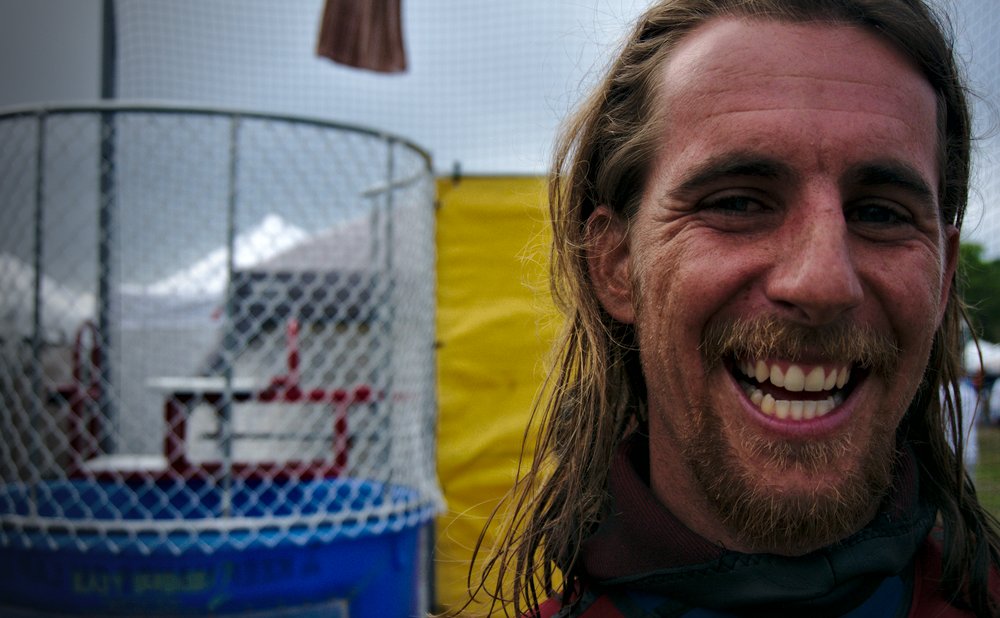
By Matt Keene | gargoyle@flagler.edu
Adam Morley is happy to talk about bioaccumulation – excited, even.
If the build-up of toxic chemicals in organisms from plastic waste wasn’t an issue, he’d probably be even happier.
“It’s reduce, reuse and then recycle,” Morley said. “We should really ask ourselves ‘do we need to buy this product with this excessive amount of plastic wrapped around it that we’re going to use for twenty seconds and then discard?’”
Morley’s concern about plastics, and his dedication to raising awareness, is leading him deep into the Atlantic Ocean, where swirling sea currents cause plastic to accumulate in drastically large numbers. The areas, known as “gyres”, become much more than symbols of global waste – they are columns of trash that become a “circulating mass of plastic confetti.”
Morley is currently in the running to compete in an international contest open to anyone dedicated enough to spend three weeks on a 72-foot sailboat researching an area of the Atlantic Ocean never before studied.
Morley, currently in second place, will, if selected, sail from Bermuda to Iceland, taking water samples, visual observations, analyzing toxicity and determining the depth plastic is penetrating. The contest is hosted by 5 Gyres, an organization dedicated to studying plastic pollution and, more specifically, bioaccumulation.
Bioaccumulation occurs when floating plastic slowly breaks down into smaller and smaller pieces. For an organic compound like leaf litter, this would be okay. Healthy, even. But, for an inorganic material like plastic, it degrades in size, until it is small enough that fish mistake the bits of plastic for fish eggs and other types of food.
The convenience of plastic becomes its deadly weakness. Small fish will eat the toxic plastic, storing the poison in their stomachs. In turn, larger fish will eat several smaller fish, multiplying the levels of toxicity in their own digestive systems.
“Each time one of those small fish gets eaten by a larger fish it keeps multiplying until it gets up to the top of the food chain,” Morley said. “All of the grouper that we’re eating, all of the tuna that we’re eating – we’re eating the plastic that we have put into the ocean. It comes back and affects our health.”
Morley also brings awareness to bioaccumulation by leading educational and ecological tours for St. Augustine Eco Tours, showing guests Northeast Florida’s unique marine estuaries, as well as the Atlantic Ocean.
The Atlantic Ocean is home for Morley – it’s also what has kept him in St. Augustine.
“My gills would dry out if I left. If I left the coast, I wouldn’t know what to do. It’s where I was born and raised. I feel a real connection to it, especially when I’m out there on the water with people that have a shared interest,” Morley said.
The proximity of the Northeastern Atlantic Gyre, the whirlpool of plastic slowly drifting towards the same body of water he shares with guests on his eco tours, is what first drew Morley to research it.
“It’s where all of our sea turtles go, it’s where so much of our life is. There’s biodiversity out there that is being affected by the plastic,” Morley said.
Morley begins to shine when he draws from decades of first-hand experience with the ocean. He shares that connection with his guests.
It is Morley’s passion and dedication that has driven him to second place in the competition. He feels he is just getting warmed up, and, based on the stream of votes that continue to come in for him, this appears to be true. The competition ends on Earth Day, April 22, and, until that time, people are allowed to vote once a day. A win for Morley means that he will be able to bring first-hand knowledge back to the First Coast.
“Once I have first-hand knowledge, my passion really comes alive,” Morley said. “I’m able to be much more effective in communicating the information that I’m trying to get out there.”
To learn more about Morley’s passion and to vote for him, click here. The contest is open until April 22 and votes can be cast once per day.




Be the first to comment on "St. Augustine local competing to study plastic pollution"